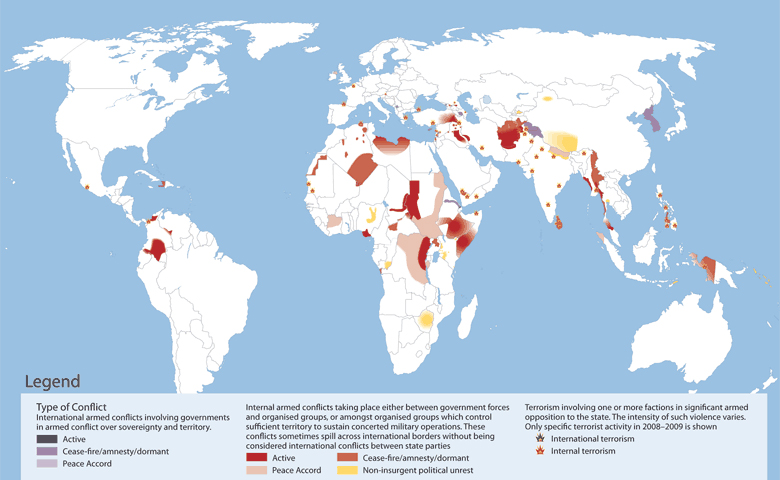
Therefore, for the applicability of the law of occupation, it makes no difference whether an occupation has received Security Council approval, what its aim is, or indeed whether it is called an “invasion”, “liberation”, “administration” or “occupation”. Once a situation exists which factually amounts to an occupation the law of occupation applies – whether or not the occupation is considered lawful.

The legality of any particular occupation is regulated by the UN Charter and the law known as jus ad bellum.

They also apply in situations where the occupation of state territory meets with no armed resistance. "Īccording to their common Article 2, the four Geneva Conventions of 1949 apply to any territory occupied during international hostilities. The occupation extends only to the territory where such authority has been established and can be exercised.

Article 42 of the 1907 Hague Regulations (HR) states that a " territory is considered occupied when it is actually placed under the authority of the hostile army.


 0 kommentar(er)
0 kommentar(er)
